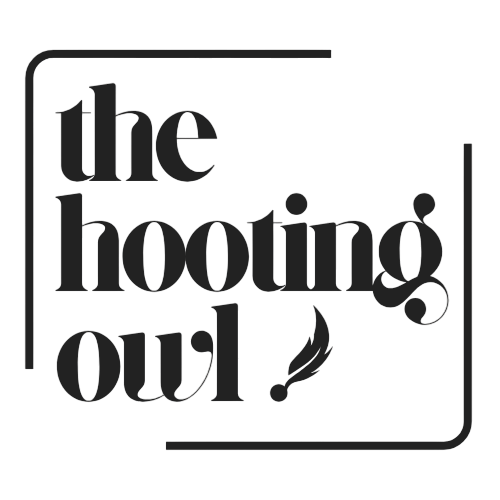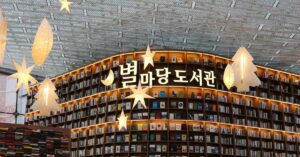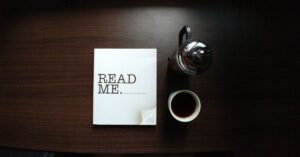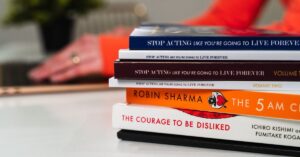The Unexpected Joy of Being Single by Catherine Gray
Single in your late twenties or, hold the phone, in your thirties or beyond? Oh hi! You’re in the right place. Over a third of us are now single. With the single camp growing at ten times the rate of the actual population, it is now the norm to be single well into our thirties – the average marriage age for women is 35 and 37 for men. But nobody seems to have told society, romcom makers, songwriters, marriage-hungry mothers, our mates or us that.
Cue: single anxiety. Love addiction. Spending hours scrolling through dating apps. Being inconsolable when he/she doesn’t text. Humming ‘Here Comes the Bride’ when they do.
Catherine Gray went through all of this. And then some. She took a whole year off dating to get her love-hooked head straight. How do we chill our boots about our single status? Detach from ‘all the good ones are gone!’ panic? And de-program from urgent, red, heart-shaped societal pressure to find your ‘other half’? We know intellectually that single is far preferable to panic-settling, yet we forget that almost constantly. Why? Psychologists and neuroscientists tell us? Let’s start the reverse-brainwash and locate our happily-single sanity, for good. Are you in? *Spoiler: you’re already a whole person.
Spinster: Making a Life of One’s Own by Kate Bolick
“Whom to marry, and when will it happen—these two questions define every woman’s existence.”
So begins Spinster, a revelatory and slyly erudite look at the pleasures and possibilities of remaining single. Using her own experiences as a starting point, journalist and cultural critic Kate Bolick invites us into her carefully considered, passionately lived life, weaving together the past and present to examine why she—along with over 100 million American women—remains unmarried.
Intellectually substantial and deeply personal, Spinster is both an unreservedly inquisitive memoir and a broader cultural exploration that asks us to acknowledge the opportunities within ourselves to live authentically. Bolick offers us a way back into our own lives—a chance to see those splendid years when we were young and unencumbered, or middle-aged and finally left to our own devices, for what they really are: unbounded and our own to savor.
Going Solo: The Extraordinary Rise and Surprising Appeal of Living Alone by Eric Klinenberg
With eye-opening statistics, original data, and vivid portraits of people who live alone, renowned sociologist Eric Klinenberg upends conventional wisdom to deliver the definitive take on how the rise of going solo is transforming people. Klinenberg shows that most single dwellers—whether in their twenties or eighties—are deeply engaged in social and civic life.
There’s evidence that people who live alone enjoy better mental health and have more environmentally sustainable lifestyles. Drawing on more than three hundred in-depth interviews, Klinenberg offers insights on the benefits of this epochal change.
Happy Singlehood: The Rising Acceptance and Celebration of Solo Living by Elyakim Kislev
Based on personal interviews, quantitative analysis, and extensive review of singles’ writings and literature, author Elyakim Kislev uncovers groundbreaking insights on how unmarried people create satisfying lives in a world where social structures and policies are still designed to favor marriage.
In this carefully crafted book, Kislev investigates how singles nurture social networks, create innovative communities, and effectively deal with discrimination. Happy Singlehood challenges readers to rethink how single people organize social and familial ties in new ways, and illuminates how educators, policymakers, and urban planners should cater to their needs.
All the Single Ladies: Unamrried Women and the Rise of an Independent Nation by Rebecca Traister
In 2009, the proportion of American women who were married dropped below fifty percent. The median age of first marriages, which had remained between 20-22 years old for nearly a century (1890–1980), had risen dramatically to twenty-seven. Over the course of her vast research and more than a hundred interviews with academics and social scientists and prominent single women, Traister discovered a startling truth: the phenomenon of the single woman in America is not a new one.
Historically, when women were given options beyond early heterosexual marriage, the results were massive social change—temperance, abolition, secondary education, and more. Today, only twenty percent of Americans are married by age twenty-nine, compared to nearly sixty percent in 1960. Covering class, race, sexual orientation, and filled with vivid anecdotes from fascinating contemporary and historical figures, “we’re better off reading Rebecca Traister on women, politics, and America than pretty much anyone else” (The Boston Globe).
No Thanks: Black, Female and Living in the Matyr-free Zone by Keturah Kendrick
Through eight humorous essays, Keturah Kendrick chronicles her journey to freedom. She shares the stories of other women who have freed themselves from the narrow definition of what makes a “proper woman.” Spotlighting the cultural bullying that dictates women must become mothers to the expectation that one’s spiritual path follow the traditions of previous generations, Kendrick imagines a world where black women make life choices that center on their needs and desires.
She also examines the rising trend of women choosing to remain single and explores how such a choice is the antithesis to the trope of the sorrowful black woman who cannot find a man to grant her the prize of legal partnership. A mixture of memoir and cultural critique, No Thanks uses wit and insight to paint a picture of the twenty-first-century black woman who has unchained herself from what she is supposed to be. A black woman who has given herself permission to be whomever she wants to be.
*As an Amazon Associate I earn from qualifying purchases. This comes at no extra cost to you.













